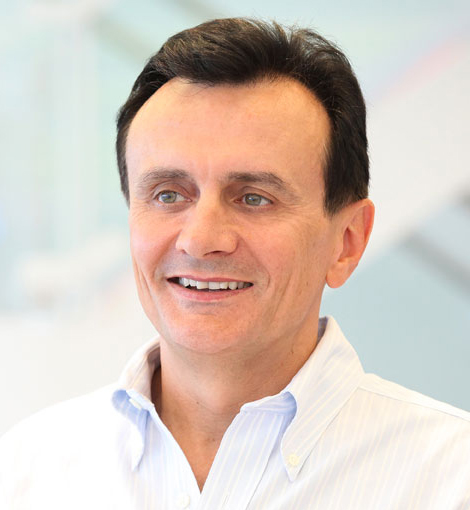The FDA has pulled Ranbaxy’s right to produce generic Nexium, meaning AstraZenca’s branded hold on the gastric reflux medication prescription base will last until the FDA gives another generics maker the OK to go ahead and produce esomeprazole of its own accord.
Ranbaxy announced the turnaround Thursday, and AstraZeneca was ready: CEO Pascal Soriot said repeatedly during today’s third-quarter earnings call that the company does not expect a generic to pop up before the year is out. The confidence is such that, unlike Teva, which created two sets of financial expectations in light of a possible generic competitor for its MS drug Copaxone, AstraZeneca told investors that it has done the math just once, and projections — which include upping the end-of-year guidance for the second time in 2014 — assume branded Nexium will have the market to itself for the time being.
Persistent manufacturing quality issues, which have culminated in the FDA’s banning products from four Ranbaxy plants, triggered today’s reversal. The lack of a generic is a touchy subject — Connecticut’s Attorney General filed a citizen’s petition last month asking the FDA to either approve Ranbaxy’s generic or allow a competitor to grab the right to make and sell esomeprazole.
The company’s results for the third quarter and year-to-date are optimistic: the drugmaker says it now expects end-of-year sales to increase in the low-single digits, whereas it had previously expected it to be flat with 2013. Sales were up 5% for the quarter, to $6.5 billion, compared to the same period last year, and were up 3%, to $19.4 billion, for the nine months just ended compared to the same period a year ago.
Sales of respiratory medication Symbicort (budesonide/formoterol) rose 15% for the quarter, to $967 million from $839 million for the same period last year, with the some of this growth coming from the US where quarterly sales of $395 million marked a 29% increase from $307 million in sales for the same period last year.
Sales of diabetes medication Bydureon (exenatide) were $125 million for the quarter, up from $43 million for the same period last year. Soriot told investors that the new Bydureon pen, which accounted for around one-third of its sales, helped fuel the rebound.
Bloodthinner Brilinta (ticagrelor) rebounded almost 70%. Chief Financial officer Marc Dunoyer attributed part of the the uptick —$127 million in third-quarter sales, up from $75 million compared to the same period last year — to the US Department of Justice’s decision in August to close its investigation into the integrity of the drug’s supporting clinical trials, as well its preferred status on professional treatment guidelines for acute coronary syndrome.
Soriot said the company stands by the 2023 sales projections it released during the summer’s Pfizer-AstraZeneca takeover bout, but warned that 2015 is going to be a rough year. He expects pricing pressure across all drug categories will hurt sales. He also expects access issues will provide some pressure: CVS Caremark bumped Symbicort from its list of covered medications, and Express Scripts reinstated GSK’s Advair (fluticasone propionate) as a covered respiratory medication, adding category competition.








